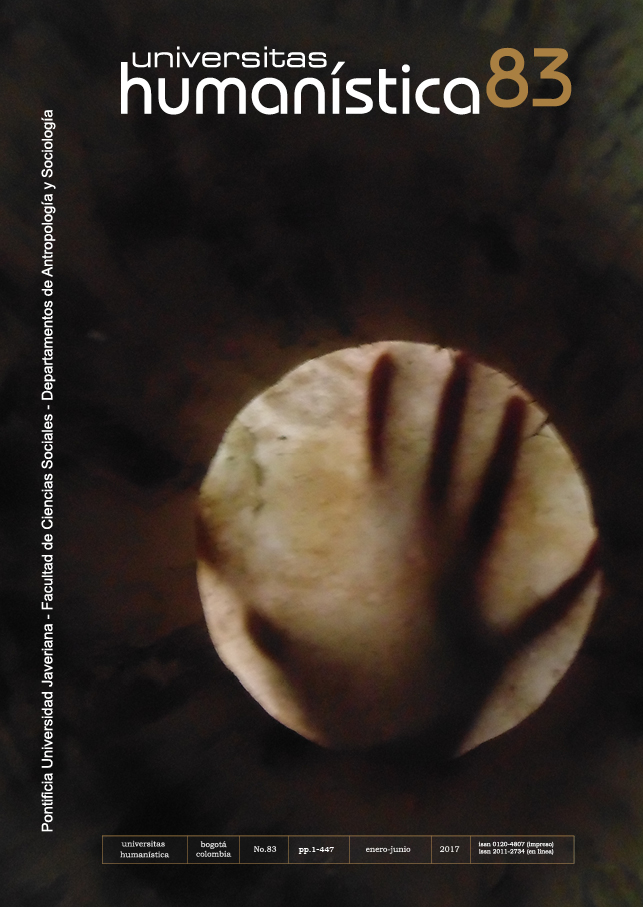Abstract
Recent education reforms in Colombia follow a global trend characterized both by curricular decentralization and privatization of education, as well as centralization processes through standardized tests. Diffusion theories suggest that this change has resulted from the global dissemination of New Public Management ideas replicated locally by policy makers. Through a comparative historical analysis, this study finds, however, that Colombia has not replicated foreign policy prescriptions, but translated them to accommodate local institutional practices. This translation is shaped by the influence of different interest groups associated with education policy, and specifically through their organizational capacity, their closeness to decision-making process, and the public impact of their power resources.

This journal provides immediate open access to its content on the principle that making research freely available to the public, encourages greater global exchange of knowledge.
The journal Universitas Humanística is registered under a Creative Commons Attribution 4.0 International Public License. Thus, this work may be reproduced, distributed, and publicly shared in digital format, as long as the names of the authors and Pontificia Universidad Javeriana are acknowledged. Others are allowed to quote, adapt, transform, auto-archive, republish, and create based on this material, for any purpose (even commercial ones), provided the authorship is duly acknowledged, a link to the original work is provided, and it is specified if changes have been made. Pontificia Universidad Javeriana does not hold the rights of published works and the authors are solely responsible for the contents of their works; they keep the moral, intellectual, privacy, and publicity rights.
Approving the intervention of the work (review, copy-editing, translation, layout) and the following outreach, are granted through an use license and not through an assignment of rights. This means the journal and Pontificia Universidad Javeriana cannot be held responsible for any ethical malpractice by the authors. As a consequence of the protection granted by the use license, the journal is not required to publish recantations or modify information already published, unless the errata stems from the editorial management process. Publishing contents in this journal does not generate royalties for contributors.


